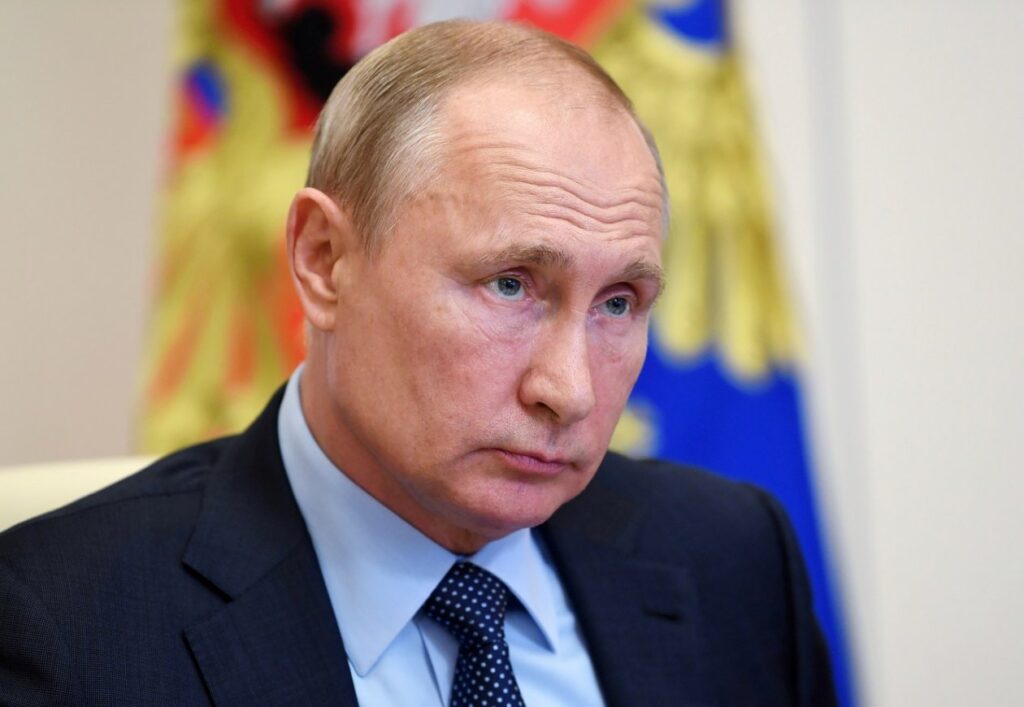
By Henry Hale & Adam Lenton, PONARS, 2/2/22
(PONARS Eurasia Commentary) With warnings Russia will invade Ukraine growing louder by the day, it is common to hear that President Vladimir Putin has passed the point of no return. Having made public security demands that NATO considers non-starters, anything short of invasion will be seen as weakness and undermine Putin’s authority at home. In other words, Putin may have—intentionally or not—backed himself into a corner.
Such accounts overlook key sources of Putin’s domestic appeal, which is based much more on pragmatically providing stability, security, and prosperity than on aggressiveness. This gives him options for backing off that Western governments should not neglect.
What Russians Want
Surveys have long asked Russians what kind of foreign policy they want, and two things are clear. For one, Russians do see the United States and NATO as a threat. But when asked about how Russia should treat the West, majorities consistently favor a cooperative, soft-line orientation. In other words, Russians want to treat the West better than they think it is now treating them.
What Putin Tells His People
In his major appearances, Putin sells himself to his people in just this way, as a cool head of reason and pragmatism in the face of a West that he depicts as rash, hysterical, and full of double standards and zealotry. This rhetoric has been remarkably consistent since his famous 2007 “Munich Speech.”
This is also how Russians understand Putin. Rather than a hawk, most believe they are getting a foreign policy moderate with Putin. Moreover, it is consistently pro-Western Russians—not anti-Western ones—who support him. Russians who advocate a more aggressive foreign policy tend to back others, such as the Communist Party (which recently called on Putin to recognize the breakaway regions in eastern Ukraine) or the LDPR (whose leader, in turn, called for the whole of Ukraine to “become part of Russia”). These parties seldom risk overt conflict with Putin but allow Putin tactically to occupy a broad center, where majority opinion lies….
Read full article here.